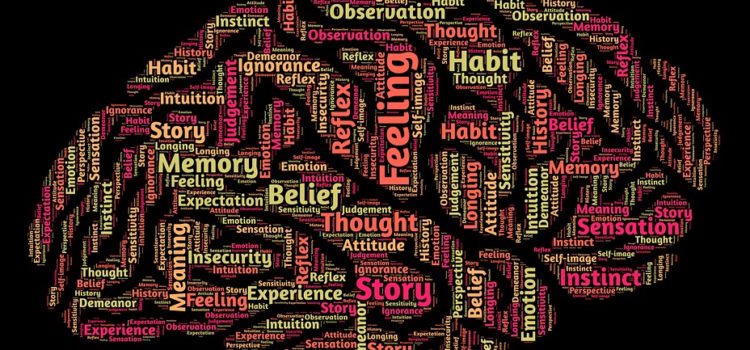

This article is an excerpt from the Shortform book guide to "The Body Keeps The Score" by Bessel van der Kolk. Shortform has the world's best summaries and analyses of books you should be reading.
Like this article? Sign up for a free trial here .
What is internal family systems therapy? Can it work to help heal PTSD?
Internal family systems therapy, or IFS, is a type of therapy that examines your “parts.” This type of therapy helps you understand yourself as a multifaceted person.
Read more about internal family systems therapy and how it works to help with PTSD.
Internal Family Systems Therapy (IFS)
Everyone has various parts of themselves, or subpersonalities: Among them, you have a part that is loving and affectionate that comes out when you’re around family and friends, as well as a part that is aggressive and confrontational, which only comes out when you’re angry. We all have many different parts, with distinct beliefs, roles, emotions, and sensations. Collectively, they make you the complex, multifaceted person that you are.
Internal family systems therapy (IFS) looks at all these parts as members of a family, all with different levels of wisdom, maturity, excitability, and pain. Healthy internal leadership skills allow you to manage your different parts, so that they remain balanced and don’t work against each other. However, in trauma survivors, some family members take on different aspects of the trauma and start working against each other, causing intense inner conflict and, in extreme cases, dissociative identity disorder (DID).
Everyone has a part that is childlike and joyful, but if you experience childhood abuse that part of you may become frozen with the pain and fear from that abuse. As a result, that part — or family member — becomes toxic to the rest of you and is locked away, becoming what the internal family systems model calls an exile.
In response, other parts of you work to protect you from the pain the exile carries, perhaps by preventing you from developing intimate relationships with other people who could hurt you like your abuser did. These parts are called managers.
Other parts take over to try to protect you whenever something triggers your exiled emotions. These are called firefighters and intend to help but are responsible for impulsive behavior.
All these parts are trying to work to protect the whole — you — from feeling the full force of your trauma. But the way certain parts must adapt in response to trauma can cause dysfunction in the whole family or network of parts; when any network is dysfunctional (think of a company, for example), it needs strong leadership to steer it straight.
The internal family systems model approaches healing through developing self-leadership of your parts. IFS therapy takes the view that the parts have protected an undamaged inner Self, and that once the protective parts trust that it is safe and the trauma is over, they can make way for the Self to resurface. Through mindfulness, the Self must then take on leadership of all the parts, making sure each one heals and regularly has its needs met through self-reflection, exploration, and self-care; IFS therapy aims to help a patient develop inner relationships between her Self and her parts.

———End of Preview———
Like what you just read? Read the rest of the world's best book summary and analysis of Bessel van der Kolk's "The Body Keeps The Score" at Shortform .
Here's what you'll find in our full The Body Keeps The Score summary :
- How your past trauma might change your brain and body
- What you can do to help your brain and body heal
- Why some trauma survivors can't recognize themselves in the mirror






